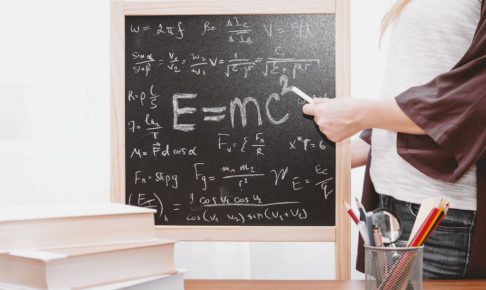✨ ベストアンサー ✨
1.人類が地球の気候を変えている行程
2.数多くのフィードバックループのせいで、物事がより複雑になっているので、地球温暖化ヲタ簡単に説明出来ないということ。
3.②→①→③→②→①
4.北半球での風速(they)が過去30年において、5から15パーセントの間で、ゆっくりになった(done)ように、
5.③6.②
7.現時点では、データを集めるのが大変であるので、このことが起こる危険性を評価するのが困難である。
8.①/⑤
合っているかどうかが分からないので、参考程度にみて下さい。特に4があまり自信がないです💦また、質問があったら遠慮なくきいてください。
細かいところまで教えて下さりありがとうございました!
助かりました!!




























訂正:1.人類が地球の気候を変えている行程は、北極海を覆う氷が減少していることにおいて、はっきりと目に見える。